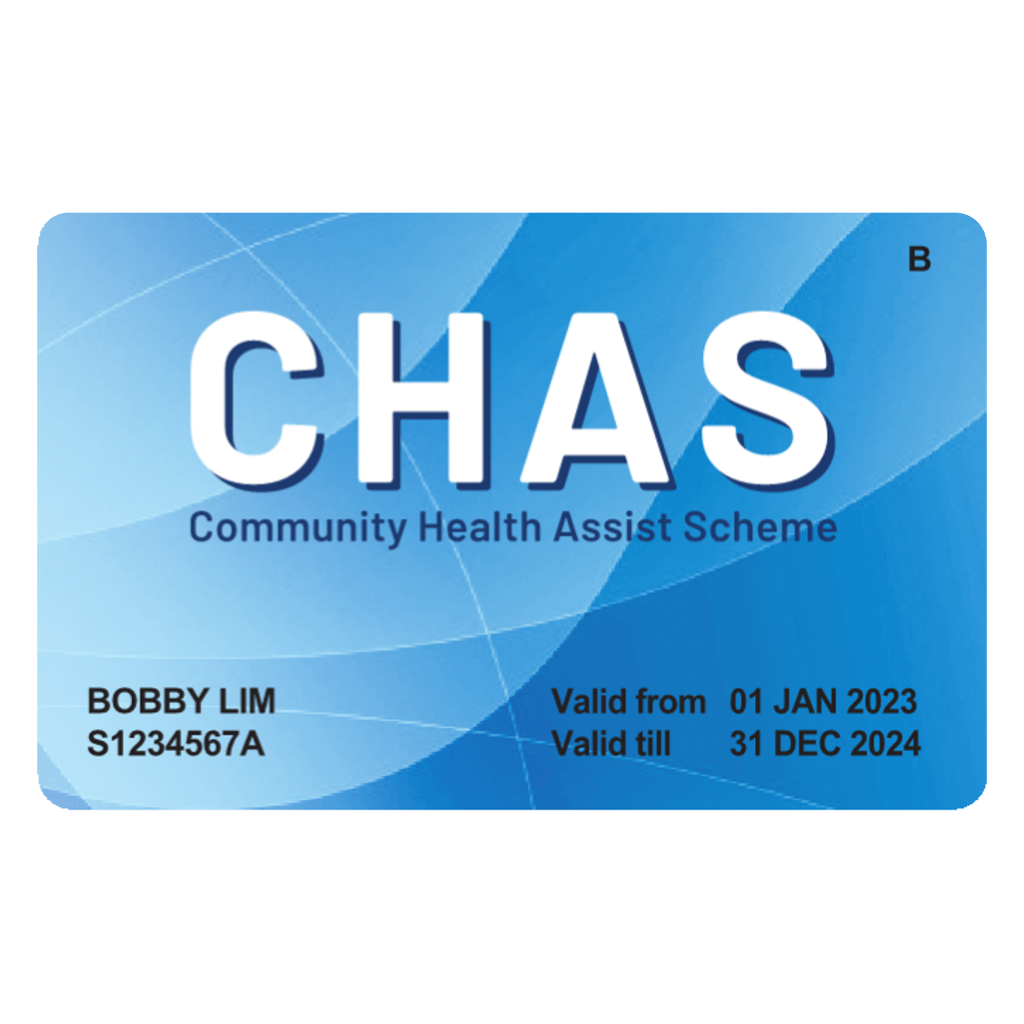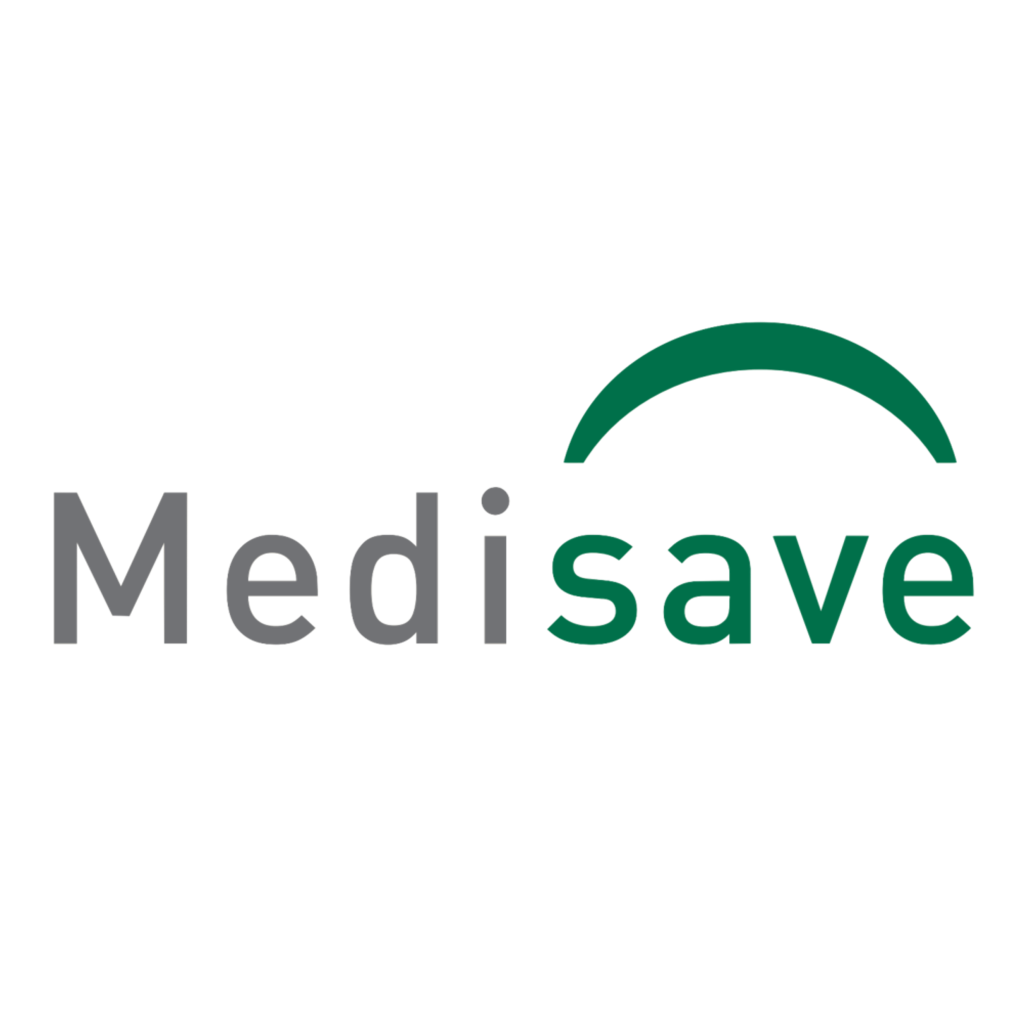Dental Emergency
Relieve dental pain or toothaches immediately without extracting your tooth.
Quick Links
Dental Emergency Explained
Dental emergency is required when there is tooth pain, tooth or gum damage, chipped or broken teeth, knocked out teeth, dental abscesses or displaced dental fillings or crowns that have led to pain.
If you are currently experiencing severe toothaches or need help saving a tooth, the best course would be to seek professional care as soon as possible. Prompt treatment can help save your tooth, alleviate pain, and prevent more serious oral and systemic complications from developing.
If you are intending to visit Aster Dental Specialists for your dental emergency, you can be sure that we will prioritise helping you find relief while prioritising your holistic well-being and oral health.
Types of Dental Emergencies
If you are unclear as to whether your tooth condition is a dental emergency, here are some common dental emergencies that Aster Dental Specialists sees.
In the event that you are unable to seek prompt treatment, here are some tips on how to best handle when there is no dental professional available to see you.
Severe Toothache
A severe toothache typically indicates nerve damage, deep decay, or infection.
For temporary relief, rinse with warm saltwater, use cold compresses on your cheek, and take over-the-counter pain medication. Avoid placing aspirin directly on the gum as it can cause tissue damage.
Schedule a dental appointment immediately as the pain usually worsens without treatment. There is a greater chance of saving your tooth instead of resorting to extraction if it is addressed early.
Swollen or Bleeding Gums
Usually caused by gingivitis, periodontal disease, or dental trauma.
Gently brush and floss regularly, rinse with warm salt water, and avoid irritating foods. If bleeding persists for more than a week or is accompanied by pain or severe swelling, seek professional care as it could indicate serious gum disease.
Knocked Out Tooth
Usually caused by dental trauma.
Time is crucial in this instance! Find the tooth, hold it by the crown (not root), rinse it gently without scrubbing, and try to reinsert it into the socket.
If that is not possible, store it in milk or saliva and see a dental professional within 30 minutes. The sooner you get treatment, the better the chances of saving the tooth.
Broken or Chipped Tooth
Usually a result of dental trauma or chewing and biting on something hard. Can also be a result of weakened teeth.
Save any broken pieces. Rinse your mouth with saltwater and apply gauze if there is bleeding.
See a dental professional as soon as possible, as even small chips can lead to further damage if left untreated.
Abscessed Tooth
A serious infection characterized by a pus-filled swelling, severe pain, and sometimes fever.
Rinse frequently with salt water and seek immediate dental care as the infection can spread quickly and cause facial swelling.
This condition requires immediate professional treatment, typically including antibiotics and possibly a root canal treatment.
Dental Emergency at Aster Dental Specialists
The following patient journey is an example of what happens during your emergency dental appointment.
Please take note that this is just a generalised example of how your emergency dental journey will be like.
1st Visit – Consultation,X-rays and Pain Relief
During the initial visit, we will perform Periapical and Dental Panoramic (DPT) X-rays to check on your teeth and the root of your tooth. A pulp vitality test will also be done.
You will also find out how severe your condition is and how extensive the root canal procedure will be. A breakdown of the treatment cost will also be provided to you during your consultation.
Once consent is obtained, we will initiate pulpectomy or initial root canal debridement, to remove the infected and inflamed pulps, dress the tooth with medicament and restore with a temporary filling.
If it is an emergency due to dental trauma, the knocked out and broken tooth will be replanted or restored respectively, and stabilized with wire splint if necessary.
Dental Emergency Treatment Duration
A typical dental emergency appointment lasts about 60 minutes.
The duration is entirely dependent on how complex your tooth condition is, and what we would have to do to help you alleviate your pain.
In some instances, we might help you relieve your pain first before arranging for a separate appointment for further treatment.
Dental Emergency Cost in Aster Dental Specialists
The cost of obtaining emergency dental treatment at Aster Dental Specialists starts from $300.
This does not include the cost of consultation, X-rays, CT scans or any other treatments you might require before your Dental Emergency.
Financing Dental Emergency
If you are thinking of heading to Aster Dental Specialists for your emergency dental treatment, there are a few ways you can finance your treatment.
Community Health Assist Scheme (CHAS)
We are a CHAS-accredited clinic. It is possible to use CHAS to partially subsidise the cost of treatment at our clinic.

Medisave for Root Canal Surgery
While it is not possible to use Medisave for root canal treatments, it is possible to use Medisave for root canal surgeries.
Medisave can be used for dental treatments that are surgical in nature e.g. root canal surgery, dental implant surgery, gum surgery or even wisdom tooth surgery.

Dental, Corporate and Personal Accident Insurance
We are on multiple dental and corporate insurance panels to provide more accessible dental specialist care to you.
Note: Not all insurance covers specialist root canal treatment, certain exclusion applies.

Why should I head to Aster Dental Specialists for a dental emergency?
At Aster Dental Specialists, our team has years of experience working with various endodontic emergencies that relieves pain, and that can save your tooth from further damage.
Our clinic is equipped with high-end dental microscopes, equipment and materials to provide you with the excellent care that you deserve.
We understand that dental emergencies can be stressful and painful. Hence, we prioritize prompt, compassionate care to help our patients find relief and restore their oral health.
Emergency Dental Treatment FAQs
What should I do if I have a severe toothache?
If you have a severe toothache, it is critical to head to a dental professional as soon as it is possible to. This can increase the chances of saving your tooth instead of resorting to extraction.
If that is not possible, you can try rinsing your mouth with a warm water and salt solution. This might help dislodge any food particles that may be causing your tooth irritation.
Over-the-counter pain relievers can help manage discomfort until you can see a dental professional. If a tooth is chipped or broken, rinse the mouth with warm water and apply a cold compress to the outside of the cheek to reduce swelling.
What steps should I take if my tooth gets knocked out?
If a tooth is knocked out, time is of the essence.
You can gently rinse the tooth. Be careful not to remove any attached tissue.
If possible, try to reinsert the tooth into its socket – root first. Hold your tooth by the crown area and avoid touching the root. You can bite on a napkin, dental gauze or something similar to anchor your tooth back into place until you see a dental professional.
If that is not possible, place the tooth in a container of milk or saliva and seek dental care immediately. The sooner a knocked-out tooth is treated, the better the chances of successfully reimplanting it.
How soon do I have to seek treatment for a dental emergency?
The timing of seeking treatment depends on the nature of your dental emergency.
For knocked-out teeth, you should seek treatment within 30 minutes to one hour for the best chance of saving the tooth.
For severe infections with facial swelling, difficulty breathing, or uncontrolled bleeding, seek immediate emergency care in the nearest hospital.
Other situations like a cracked tooth or lost filling should be treated within 24 hours to prevent complications and reduce the risk of further damage or infection.
Are there any temporary measures that I can take to relieve my tooth pain before I see you?
You can take several temporary measures to manage tooth pain before coming in to see your preferred dental professional.
Rinse your mouth with warm salt water to clean the area and reduce inflammation. Apply a cold compress to your cheek to minimize swelling. Take over-the-counter pain medications like ibuprofen to reduce pain and inflammation.
For exposed cavities, temporary dental cement from a pharmacy can provide short-term protection. However, these are only temporary solutions. Swift treatment can help retain your tooth to prevent tooth extraction or further tooth damage.
Ready to take the next step?
Drop us a message or contact us to find out more about your tooth restoration options.
